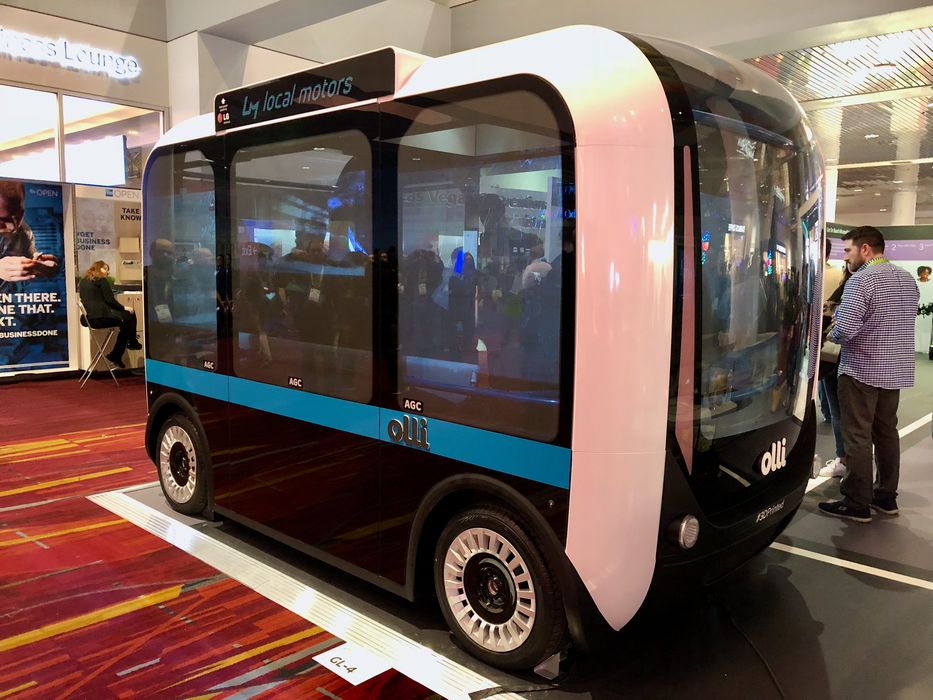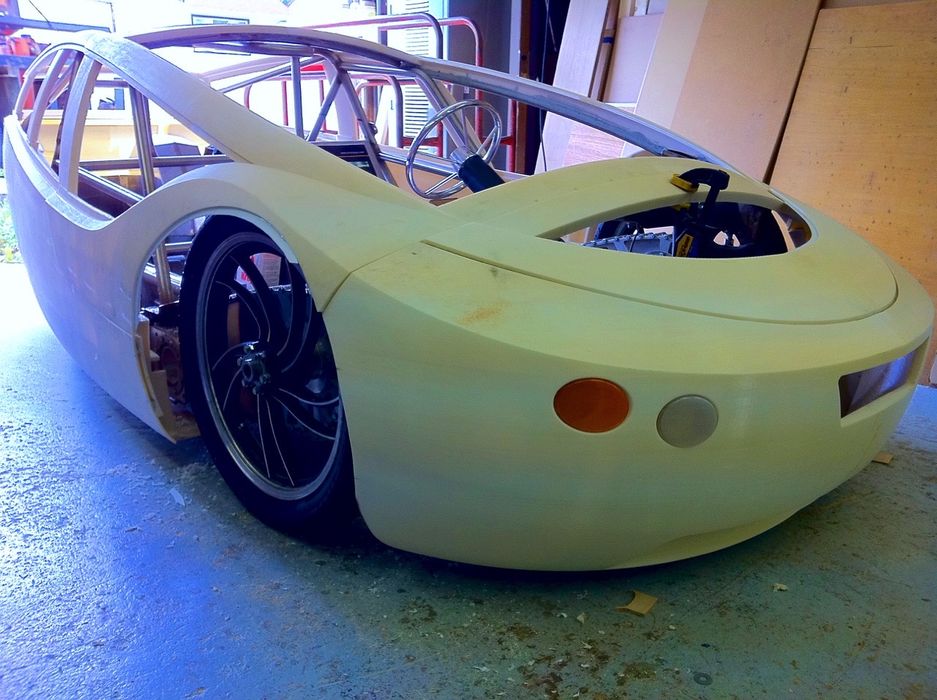
According to a report on TechCrunch, Local Motors has ceased operations.
The Arizona company was notable in the 3D print community because they had been using the technology extensively in their product development. Early on they claimed to have produced the world’s first 3D printed car, but in fact it had been done earlier by the URBEE folks in 2011.
After announcing they were developing a 3D printed car in 2014, the company then pivoted in 2016 to the development of an urban transit vehicle, the Olli.
Olli seemed to be a good idea at first. A small mass transit bus intended to be fully automated. Olli would shuttle folks on standard routes, such as at airports or linking transportation centers in an urban environment.
However, that was now eight years ago, and to date we haven’t seen any notable take up of Olli products, aside from a series of development announcements from the company. It’s not surprising they have closed down, given the lack of production.
Olli was intended to be partially 3D printed, and I always wondered why they would do so. 3D printed parts are normally quite expensive, and by 3D printing larger components of Olli, they would unnecessarily raise the eventual price of the vehicle. While there might have been demand for a vehicle like Olli, there would have been even more if the price was lower.
The cost of 3D printing also sealed the fate of the earlier URBEE, which had been subsidized by a major 3D printer manufacturer to produce its expensive body panels. That’s not sustainable in an open market.

It’s important to remember that both of these ventures were launched way back in a time when the words “3D printed” were some kind of magic when associated with any product. Many companies leveraged the huge consumer buzz to generate investment, sometimes in poor ideas. It may be that Local Motors concept was too dependent on 3D printing.
I suspect Local Motors was also challenged by the autonomous driving technology, which is extremely difficult to get correct, particularly if the vehicle is exposed to other unpredictable traffic and humans.
In the end, buyers don’t purchase products that are 3D printed; they buy products that work and are cost effective. Apparently Local Motors could not balance that equation.
Should there be 3D printed cars? I don’t think so; instead, I think there should be 3D printed components, where the technology allows these components to have designs that are more efficient, lighter weight and smaller. Vehicles using that approach could be far more successful.
Via Techcrunch and Local Motors
